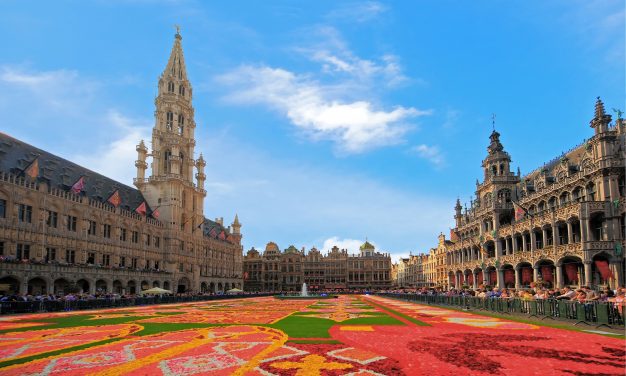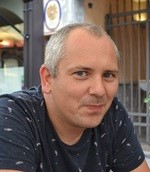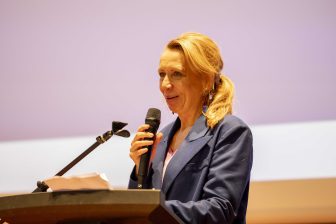
Child in the City World Conference 2023 – introducing…Piet Tutenel
In the run-up to our flagship conference from 20-22 November, Child in the City will be previewing some of our scheduled speakers, with a mixture of Q&As and summaries of the various presentations. We kick things off with Piet Tutenel.
Piet Tutenel is Researcher in the Research[x]Design group at KU Leuven, a highly-respected research university in Belgium. He has a PhD in engineering science: architecture from KU Leuven, where he studied religious studies and anthropology.
Within the Build Care project he is currently investigating the role of the built environment in the everyday life of families affected by childhood stroke, and this is the motivation for his presentation in Brussels.
Piet is hosting a session under Building on young people-friendly urban space, which is one of the conference’s four key themes, on the following topic: Building a future: for and with which children?
“While schools, nurseries, playgrounds, and parks are commonly associated with childhood, care environments like hospitals are often overlooked,” says Piet (below). “The discussion tends to divide children’s spaces into two categories: everyday life and care environments, with children in the latter being seen as passive recipients of their surroundings.”

Piet’s contention is that children outside of care contexts are considered as active, and able to act with the environment – ‘space makers’ as he puts it – while children in care environments are considered as passive, acted on by these environments – healing architecture.
Children who are ill do not seem to be understood as actively contributing to the making of the world, he adds.
These reflections, he says, have their roots in lessons gleaned from a design research project supervised by Ann Heylighen and Stefan Ramaekers. This brought together empirical and theoretical work to explore how children affected by cancer actively use the hospital environment. It also emphasises their agency in being ‘everyday’ designers.
“Our presentation in Brussels invites cross-pollination between studying children’s care environments and other contexts, and also raises questions for and with which children we are building a future,” adds Piet.
Piet and his research colleagues Stefan and Ann will be part of Parallel Session 4.1 on Tuesday 21 November, from 1130 to 1300.
Click here for the conference programme and here for the list of speakers.




